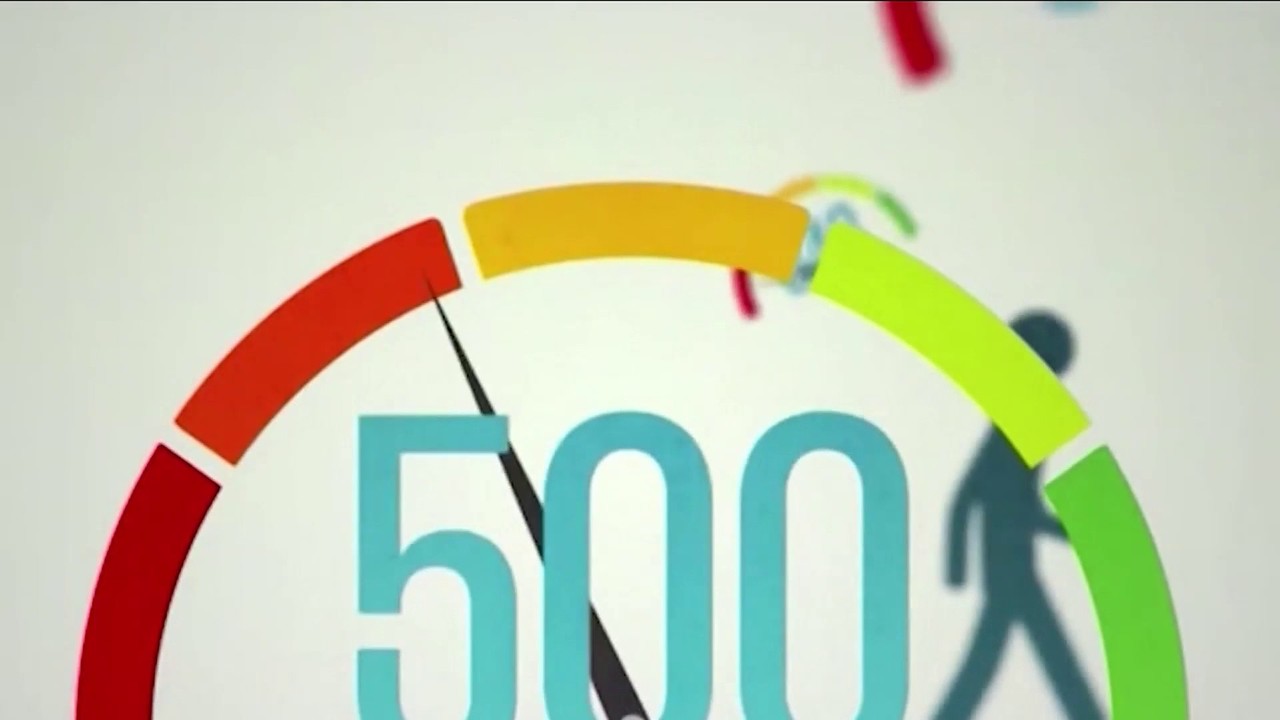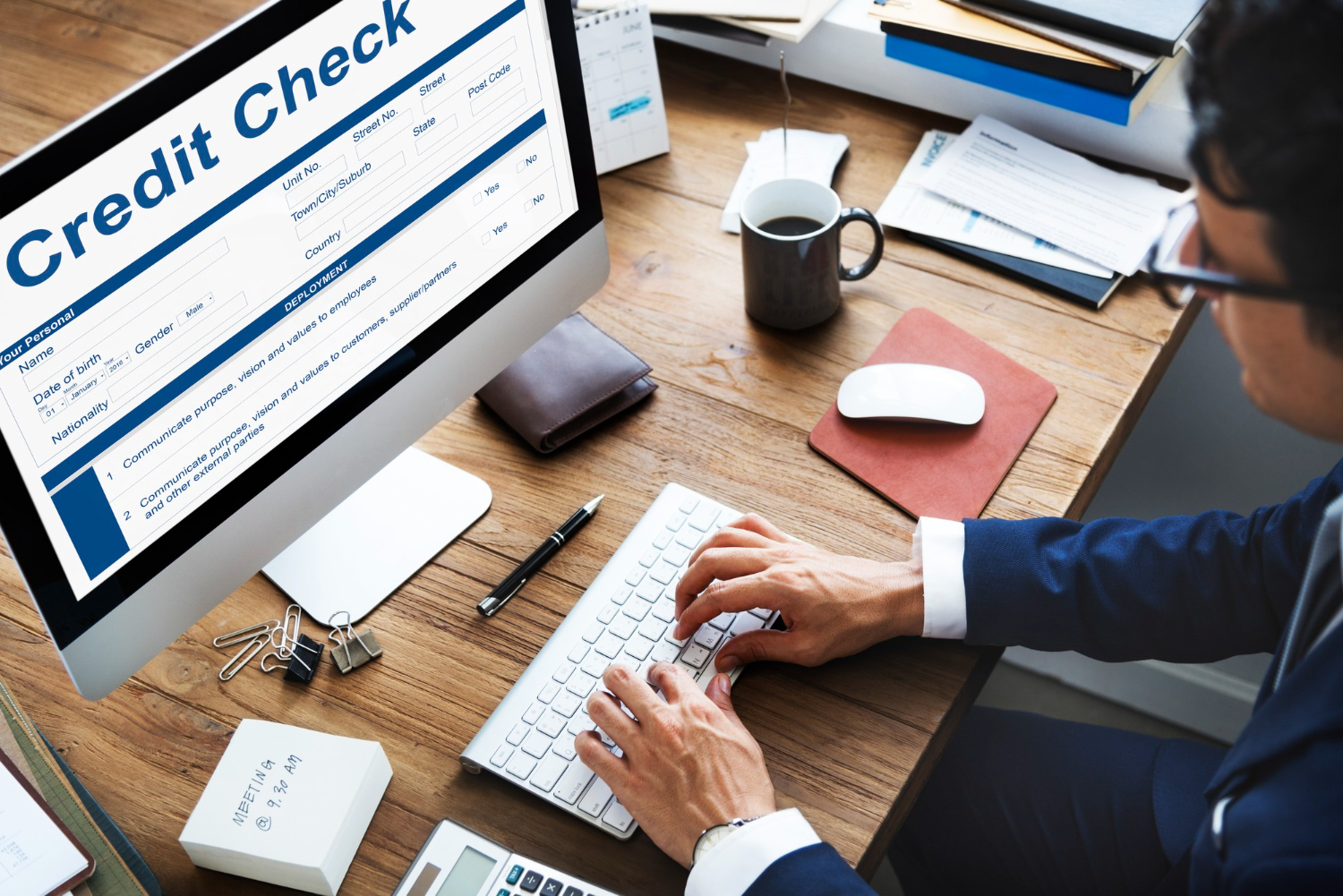For seniors looking for a new venture, house flipping offers a compelling blend of creativity…

There’s good news on the horizon if you want to improve your credit score. Consumers will soon see a boost because FICO and Experian will soon include personal bank accounts and utility bills history in credit score calculations.
Current credit scoring models depend mainly on how well consumers pay back debt. Credit cards, mortgages, and car loans make a big impact on your credit score but by adding utility payments and other additional criteria, most people will see a boost in their scores. This will benefit young people with thin histories as well as those with low credit scores.
How It Works
Experian will offer Experian Boost, It’s a free service that looks at utility payments when they calculate your credit score. When you sign up for Boost, you give Experian read-only access to your bank account. They will then review your utilities, internet, and phone payments for payment history. You decide which payments you want included in the service. You can also opt out of the service any time you want. Experian estimates 70% of those who use the new service will see a positive bump in their credit scores.
FICO will offer UltraFICO which will also look at your bank account. UltraFICO focuses on money management, including how well you maintain your savings and avoid bouncing checks. Their goal is to reach out to younger consumers who may not be traditional banking customers. FICO hopes to provide credit scores to 20-30% of the 53 million consumers considered to be un-scorable due to lack of credit history.
What It Means To You
Credit experts agree that efforts to provide more access to credit is a positive development for consumers. Experts also favor the opt-in nature of these new services. This is a notable change from the usual practices of collecting consumer data without permission.
They also agree that before you apply for more credit, be sure you can easily pay back the loans. And some experts worry that collecting data directly from consumer bank accounts could lead to unexpected tracking, such as tracking shopping activities by monitoring debit card use.
The Bottom Line
These new options can make credit shopping much easier for many consumers, but you shouldn’t forget established methods for building good credit. Improving your credit score by paying down debt, keeping balances low, and paying your bills on time are basic no-nonsense ways to prove your credit-worthiness to lenders.
Additionally, you can invest in secured credit cards that require a deposit equal to the card’s limit. Secured cards help build your credit while assuring lenders that they can recoup their funds if you decide not to pay the balance.
Consumers have many paths to good credit. Pay your bills on time and keep your balances in check and you will see improvement in your credit score. In the meantime, check out some of the new services being offered by Experian and FICO if you want to jump start your path to better credit.


